Fall in love with the stone plateau
We visited Lo Lo Chai village (Lung Cu commune, Dong Van district, Ha Giang province) on a cold day on the Dong Van stone plateau. After more than 10 hours sitting in the car, the first person to welcome us was not a local but an old Japanese man - Mr. Yasushi Ogura.
This year, Mr. Ogura turned 68, but he is still very agile, clear-headed and constantly on the move. He said that this is the 8th time in 2024 that he has flown back and forth between Japan and Vietnam. Every time he goes to Vietnam, Mr. Ogura stays in Hanoi for 1-2 days, then takes a bus to Ha Giang for about 2 weeks, then he goes back to Tokyo to live with his mother who is over 90 years old.
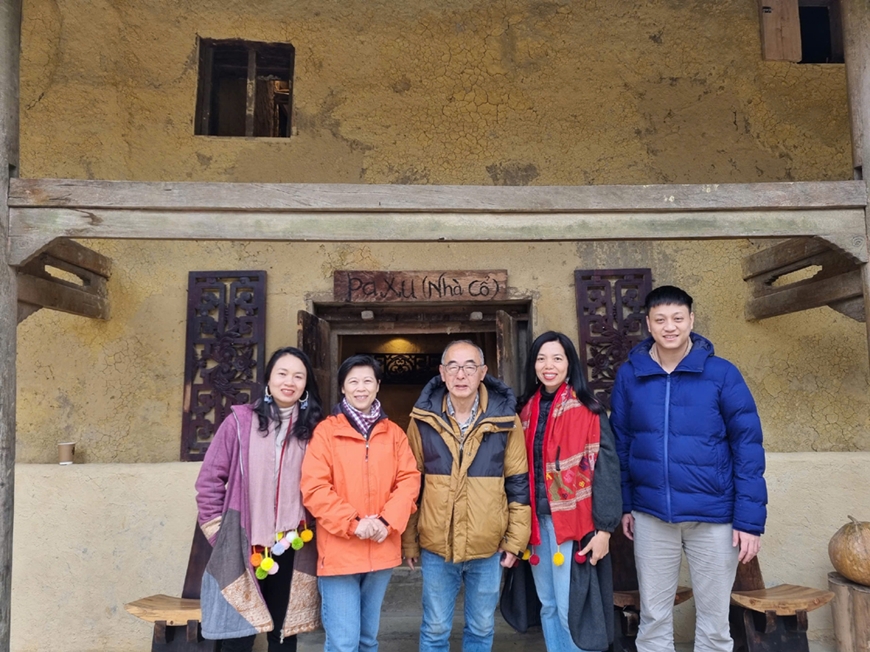 Mr. Ogura (middle) and tourists in front of an ancient rammed earth house in Lo Lo Chai.
Mr. Ogura (middle) and tourists in front of an ancient rammed earth house in Lo Lo Chai.
We were led around Lo Lo Chai village by Mr. Ogura as a local tour guide. Not only is Mr. Ogura fluent in Vietnamese, he also understands many Lo Lo words. Passing each house, Mr. Ogura could read out the name of each homeowner. Even the children knew his nickname “Japanese old man” and greeted him politely like a close grandfather...
Stopping at the Cuc Bac cafe, chatting under a cherry blossom tree that is nearly a hundred years old, Mr. Ogura said that he used to be the director of a food company in Japan. As a travel enthusiast, Mr. Ogura has traveled to many countries around the world and in 1995, he visited Vietnam for the first time. “I went to Can Tho first, then went to most of the provinces in Vietnam. In 2002, I went to Ha Giang for the first time and fell in love with this land. I found a piece of my soul and decided to stay here, especially Lo Lo Chai village located right at the foot of Lung Cu flagpole,” said Mr. Ogura.
According to Mr. Ogura, he especially loves the northern mountainous region of Vietnam and is most impressed with Ha Giang because he can admire the majestic, overlapping mountains of the rocky plateau. "This land is also home to about 20 ethnic minorities, so many cultural features and traditional customs are still preserved intact and developed to this day, which is very advantageous for tourism development," the "Japanese old man" shared.
Contribute to the development of community tourism
The Cuc Bac coffee shop has a special corner named Ogura as a great gratitude from the owner to the “Japanese old man”. Because in 2015, after surveying the whole village, Mr. Ogura decided to spend 200 million VND to help the family of Ms. Lu Thi Van, a Lo Lo ethnic in Lo Lo Chai village, open the Cuc Bac coffee shop right in her house.
Mr. Ogura chose Ms. Van's house because it is the oldest rammed earth house in Lo Lo Chai village, about 200 years old. The space and architecture of the shop are decorated in the traditional style of the Lo Lo people. Mr. Ogura also invited "experts" from Hanoi to teach Ms. Van how to make coffee, teach English and how to welcome and sell to tourists. "At first, it was very difficult to communicate with Ms. Van because she was not fluent in Mandarin, not to mention convincing her to open a coffee shop. It was even more difficult because most people were not used to having strangers sitting in their house drinking water and freely visiting the landscape," said Mr. Ogura.
Since 2016, Mr. Ogura has been going back and forth between Tokyo and Ha Giang like “going to the market”. Every month, he comes to Ha Giang once, stays to explore the land, learn about the village, promote tourism for 2 weeks, then returns to Japan. Ms. Lu Thi Van shared: “Mr. Ogura visited my house and said he really liked this old house, he would support my family to open a coffee shop. At that time, my family's situation was very difficult, only relying on growing corn and rice, opening a coffee shop was afraid of not having customers. But thanks to his encouragement and help, gradually more customers came to the shop, the family had a stable income from the business and was able to raise two children to study at university in Hanoi”.
From the success of Ms. Van's family, plus the attention and guidance from all levels and sectors, and the people's boldness in doing tourism, Lo Lo Chai has gradually become a unique community tourism village, attracting a large number of domestic and foreign tourists. Currently, Lo Lo Chai community tourism has been recognized as meeting the 3-star OCOP standard at the provincial level.
Talking to Mr. Ogura, we felt more clearly his very special hobby of traveling. Although he has been to many places in the world, he still chooses a place to stop his soul. He talked about Lo Lo Chai village all day without running out of stories, in his phone there are mainly images of the village, people and culture at the border of a country that is not his birthplace.
Diu Thi Huong, Van's daughter, after graduating from Hanoi University of Science and Technology, did not choose to stay in the bustling urban area but returned to become the young owner of Cuc Bac Coffee Shop. Huong always expressed her gratitude to Mr. Ogura. "I personally wrote the words "Cuc Bac Coffee - Journey to preserve culture" with his photo hanging solemnly in front of the shop. He is also the person who inspired me to return to my hometown to continue his journey," Huong said.
The journey never stops
Following Mr. Ogura around Lo Lo Chai village, seeing that the economic life of the people has improved a lot, it seemed like he had stopped his journey to help the community at the foot of the sacred Lung Cu flagpole, but unexpectedly he has not stopped yet. Mr. Ogura took us to visit Thai Phin Tung and Sang Tung communes (Dong Van district), entering each house, the "Japanese old man" enthusiastically "showed" the people how to do tourism, how to communicate with tourists and provide services that tourists need. He said that if the households kept their old houses to do tourism, he would support each family with a little bit of money in addition to the support from the State.
Mr. Ogura's journey to discover and help ethnic minorities will never end. Over the past 9 years, he has set foot in almost all villages in Dong Van, Meo Vac... Sometimes by motorbike, bicycle, sometimes on foot for dozens of kilometers. Wherever he goes, people recognize the "Japanese old man" as friendly, affectionate and passionate about Ha Giang. He can stop by any family and be warmly welcomed, invited to eat and stay at their home like a relative.
Mr. Sinh Di Gai, Head of Lo Lo Chai village, expressed his admiration for the "Japanese old man" Ogura: "Lo Lo Chai people consider Mr. Ogura as a family member, he has helped us a lot in developing tourism and preserving traditional culture. Currently, Lo Lo Chai village has 52 households doing community tourism with the homestay model, earning about 30 million VND/month/household. Japanese and international tourists coming to Lo Lo Chai are increasing in number, partly thanks to Mr. Ogura's enthusiastic help and image promotion."
This Japanese man's love for the rocky plateau has become a beautiful story that the people of Lo Lo Chai often tell visitors when they come here. It is known that in recent years, Mr. Ogura has also come to Ha Giang with a number of Japanese television stations and magazines to make special reports on tourism. Thanks to that, the number of Japanese tourists coming to Dong Van, Meo Vac... is increasing day by day.
Source: https://www.qdnd.vn/phong-su-dieu-tra/cuoc-thi-nhung-tam-guong-binh-di-ma-cao-quy-lan-thu-16/ong-gia-nhat-say-me-van-hoa-viet-816260


![[Photo] The two Prime Ministers witnessed the signing ceremony of cooperation documents between Vietnam and Ethiopia.](https://vstatic.vietnam.vn/vietnam/resource/IMAGE/2025/4/15/16e350289aec4a6ea74b93ee396ada21)
![[Photo] Welcoming ceremony for Prime Minister of the Federal Democratic Republic of Ethiopia Abiy Ahmed Ali and his wife](https://vstatic.vietnam.vn/vietnam/resource/IMAGE/2025/4/15/77c08dcbe52c42e2ac01c322fe86e78b)
![[Photo] General Secretary To Lam receives Ethiopian Prime Minister Abiy Ahmed Ali](https://vstatic.vietnam.vn/vietnam/resource/IMAGE/2025/4/15/086fa862ad6d4c8ca337d57208555715)
![[Photo] National Assembly Chairman Tran Thanh Man attends the summary of the organization of the Conference of the Executive Committee of the Francophone Parliamentary Union](https://vstatic.vietnam.vn/vietnam/resource/IMAGE/2025/4/15/fe022fef73d0431ab6cfc1570af598ac)
![[Photo] Prime Minister Pham Minh Chinh holds talks with Ethiopian Prime Minister Abiy Ahmed Ali](https://vstatic.vietnam.vn/vietnam/resource/IMAGE/2025/4/15/4f7ba52301694c32aac39eab11cf70a4)

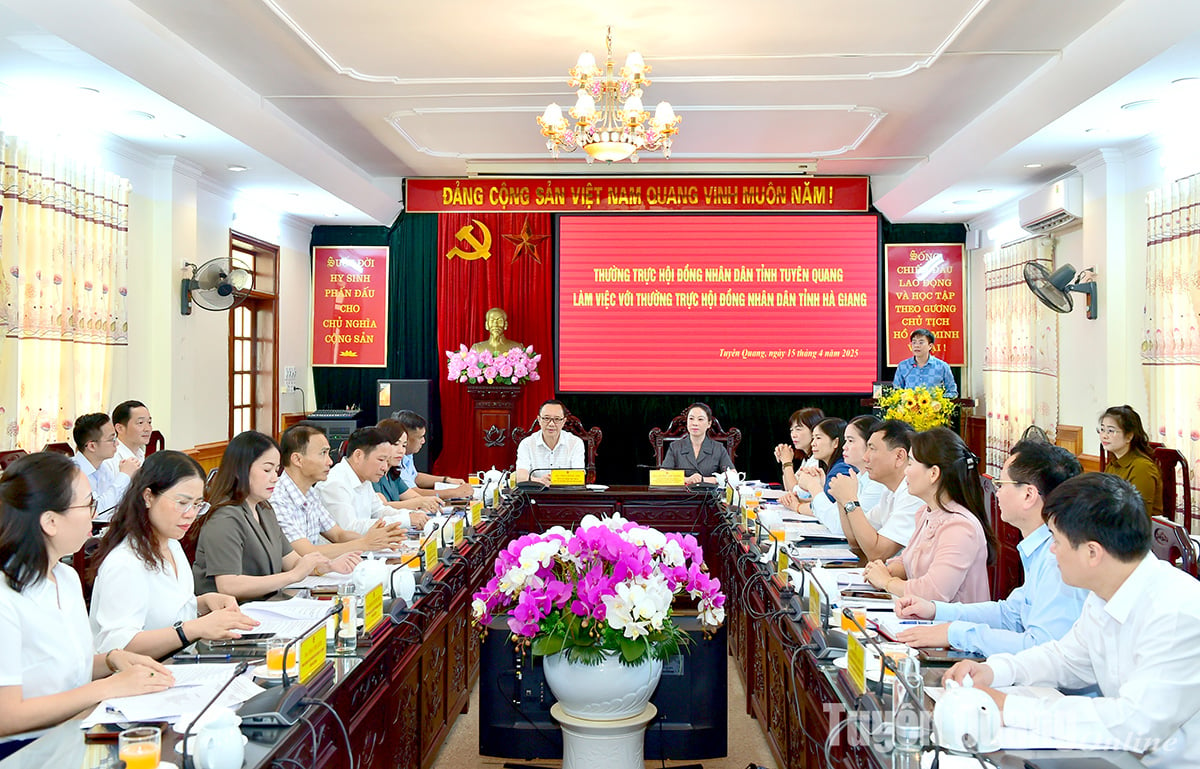

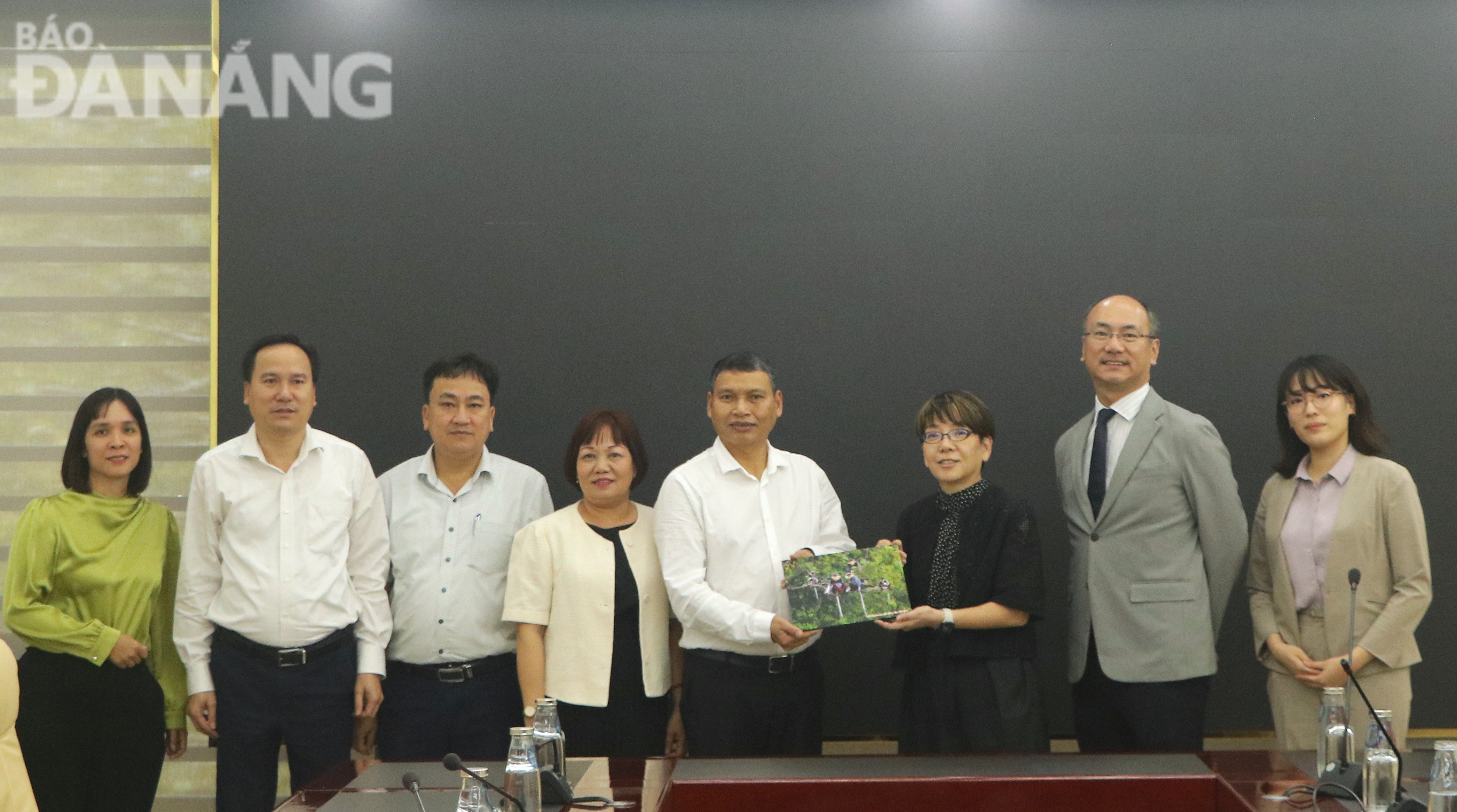

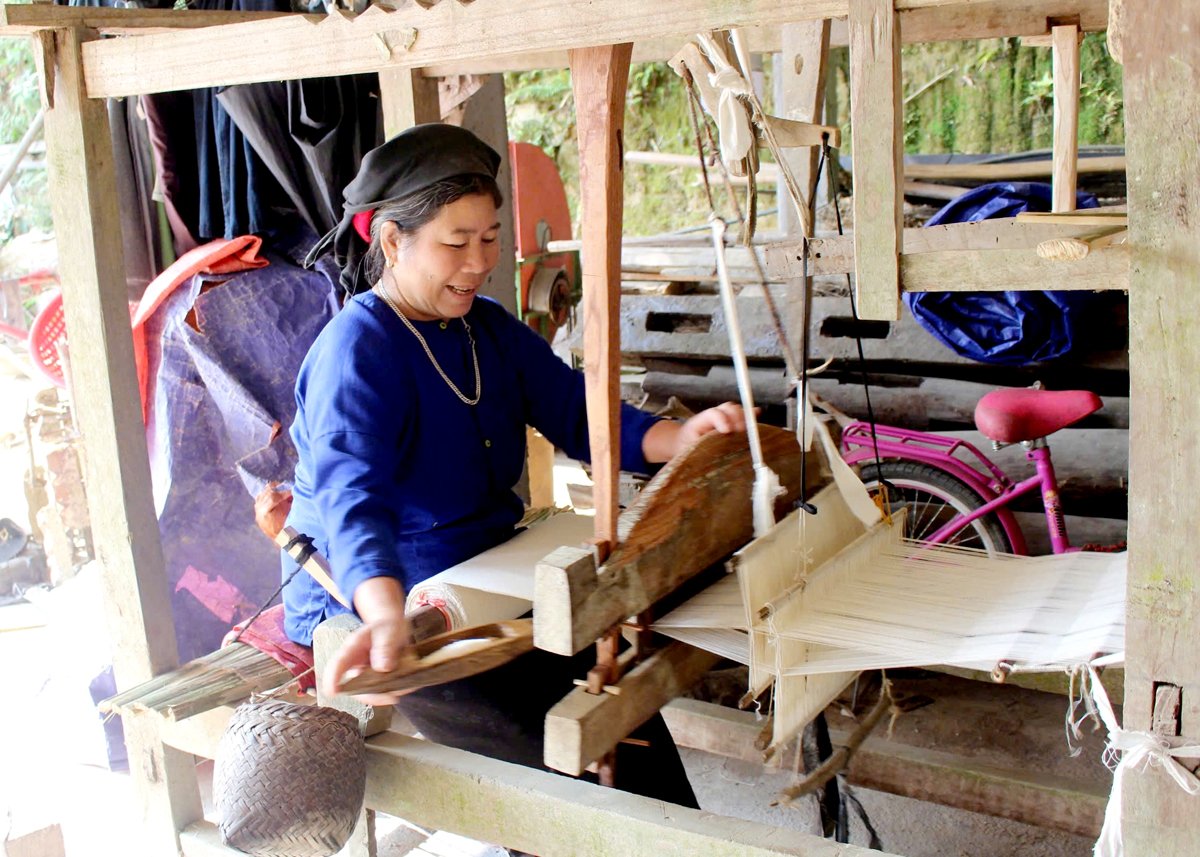

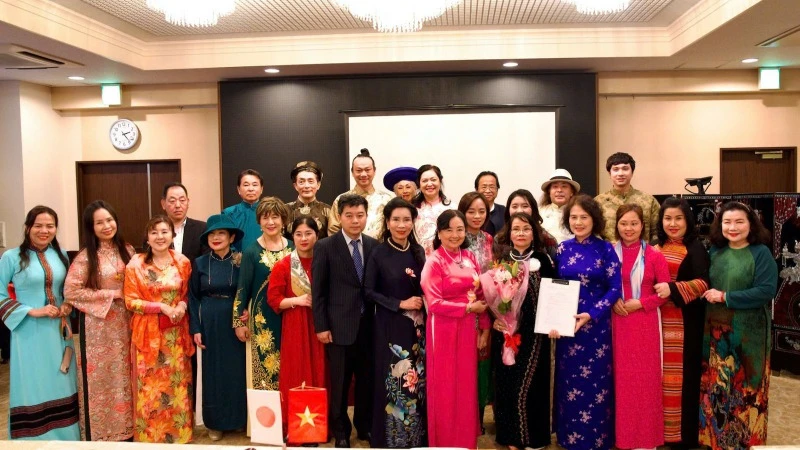





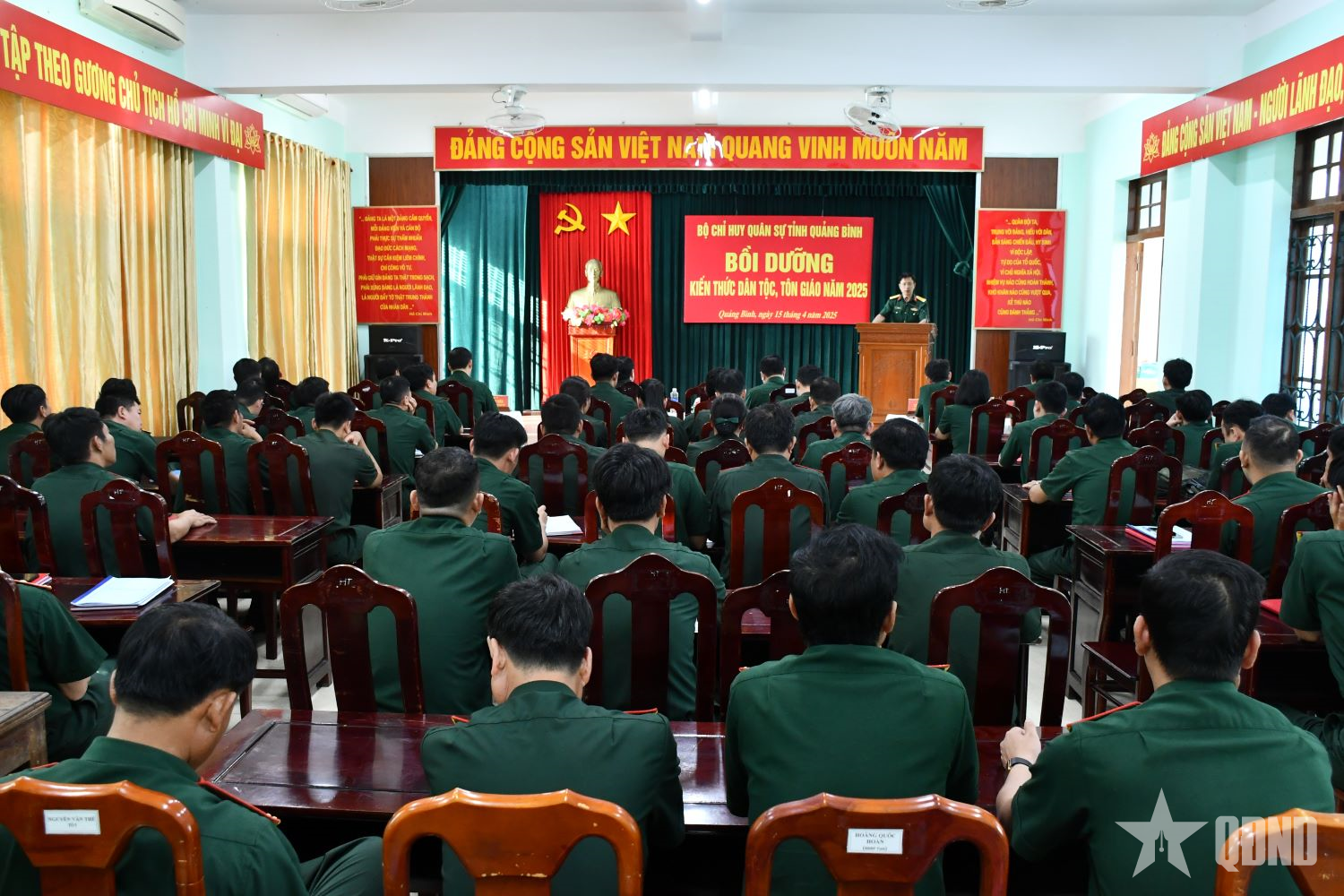
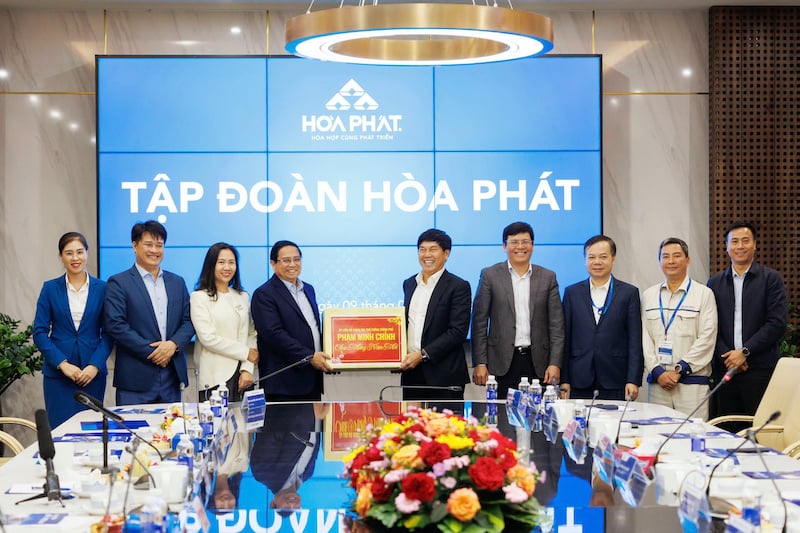
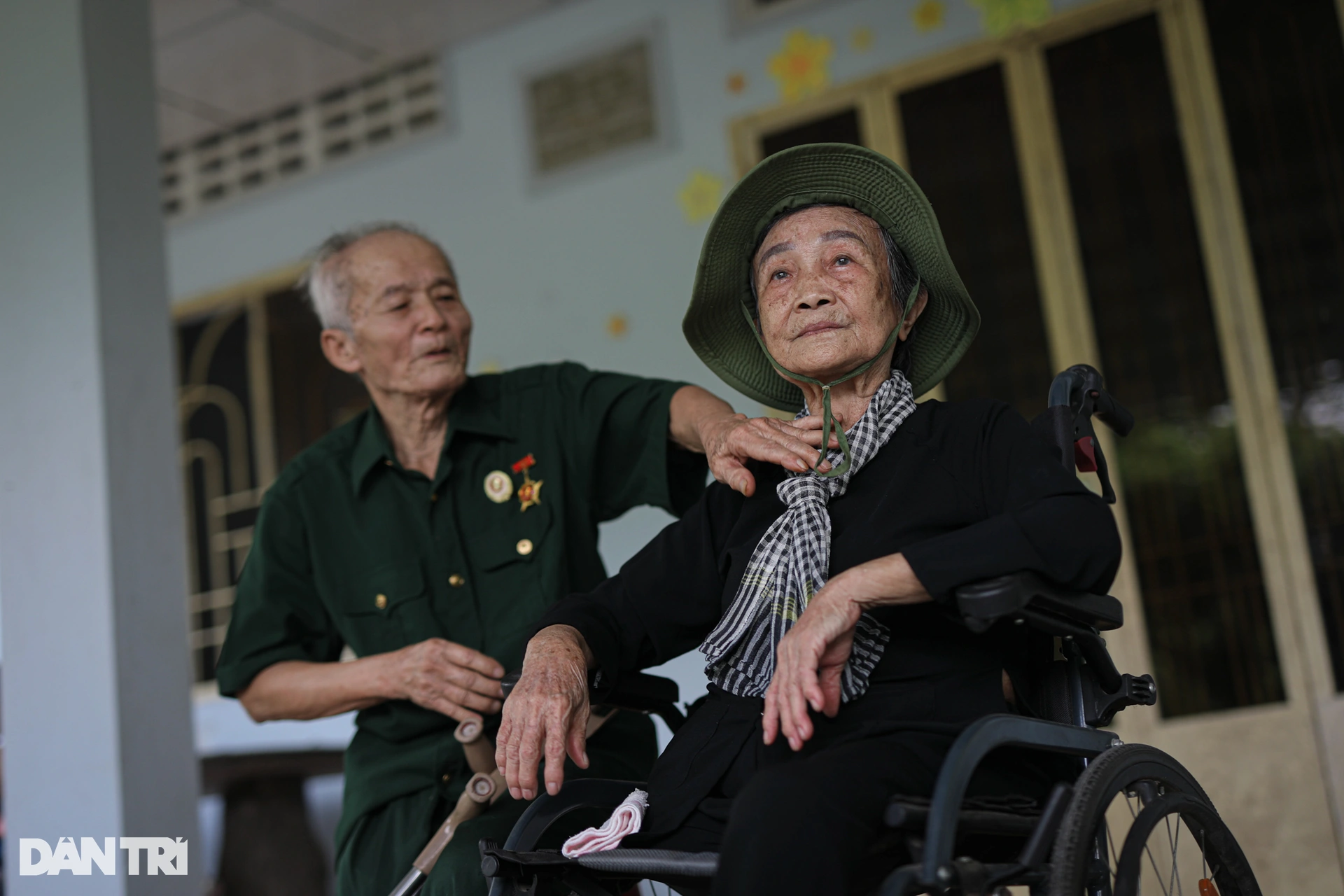
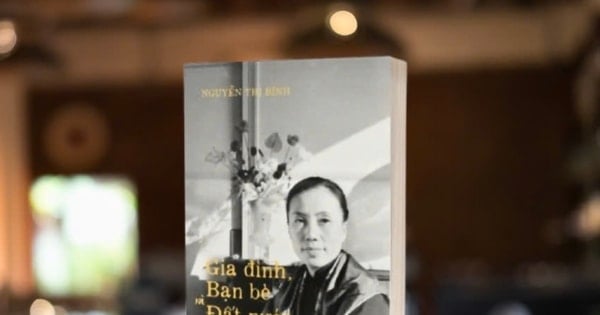
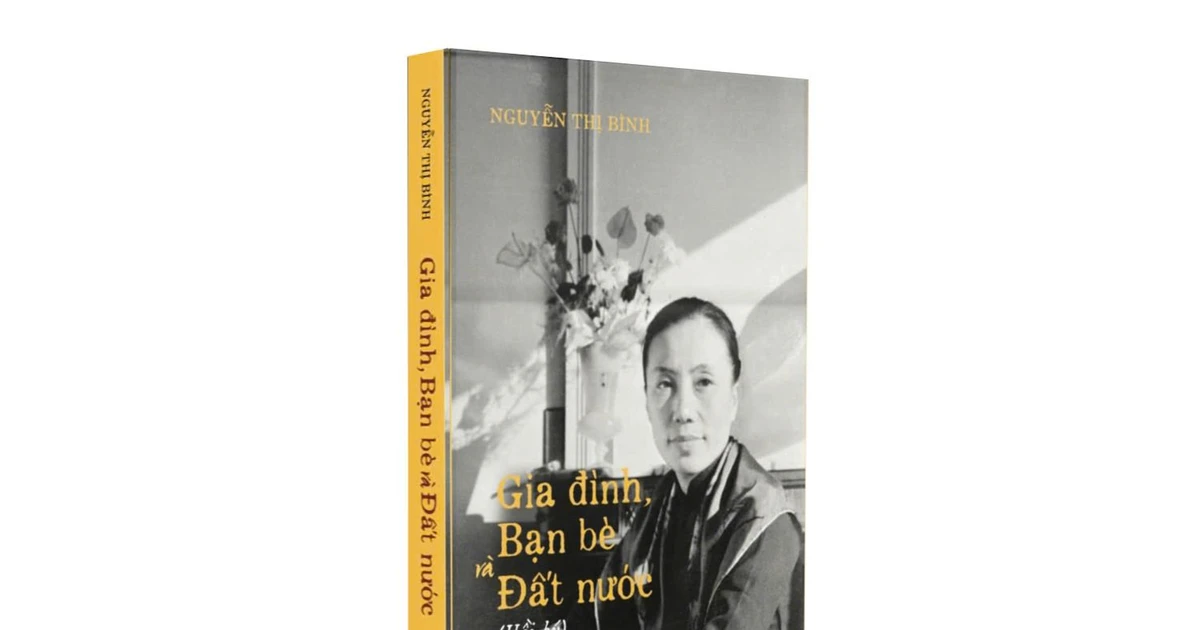
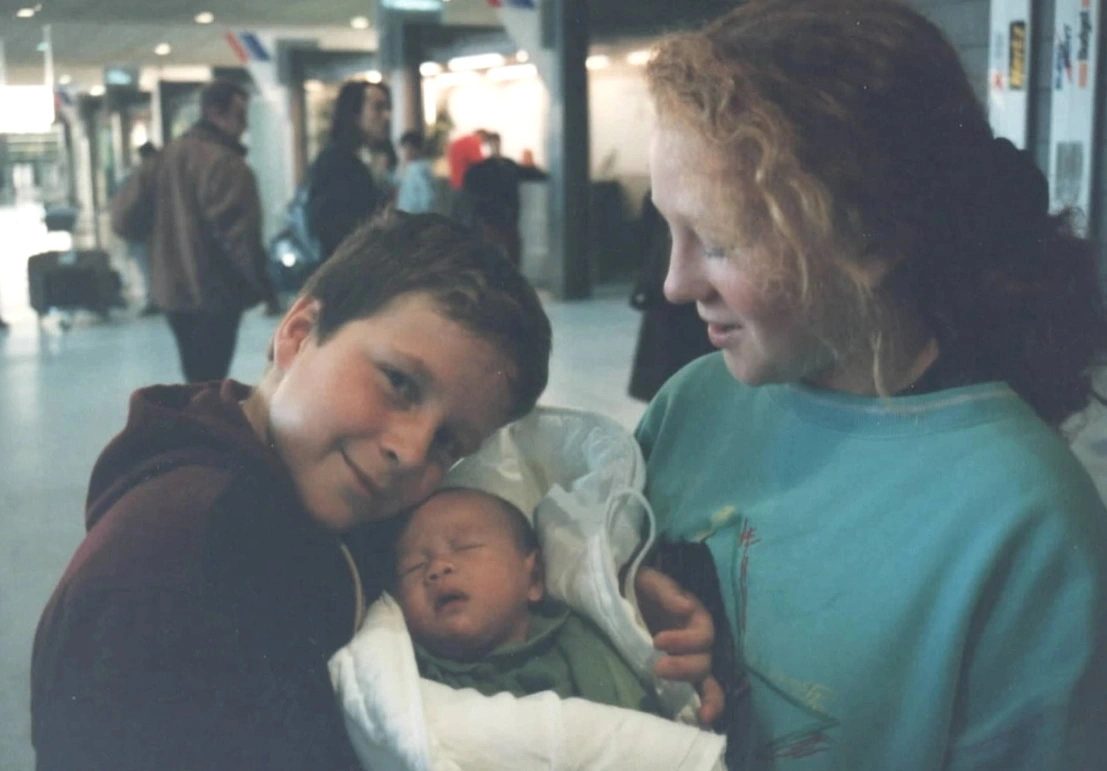




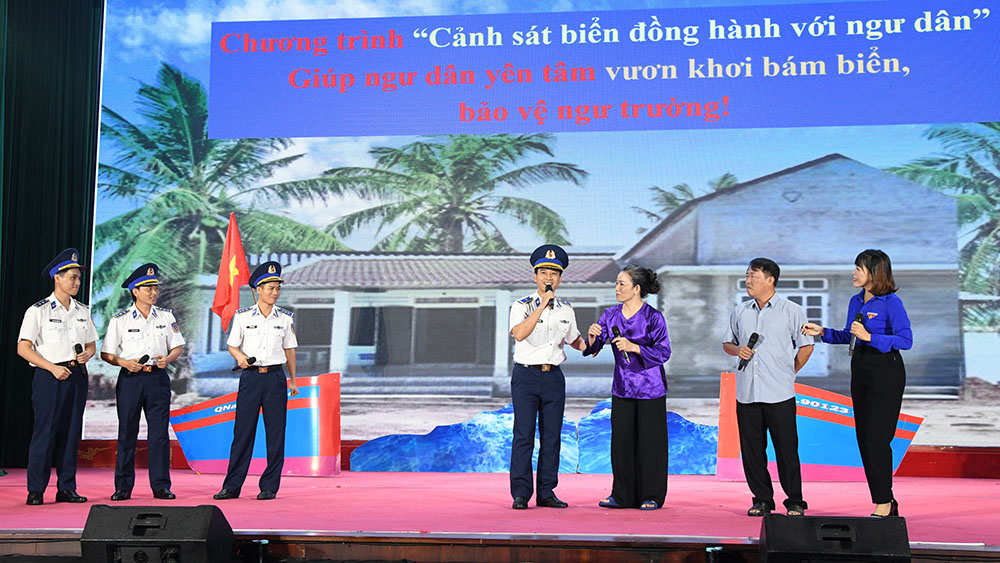
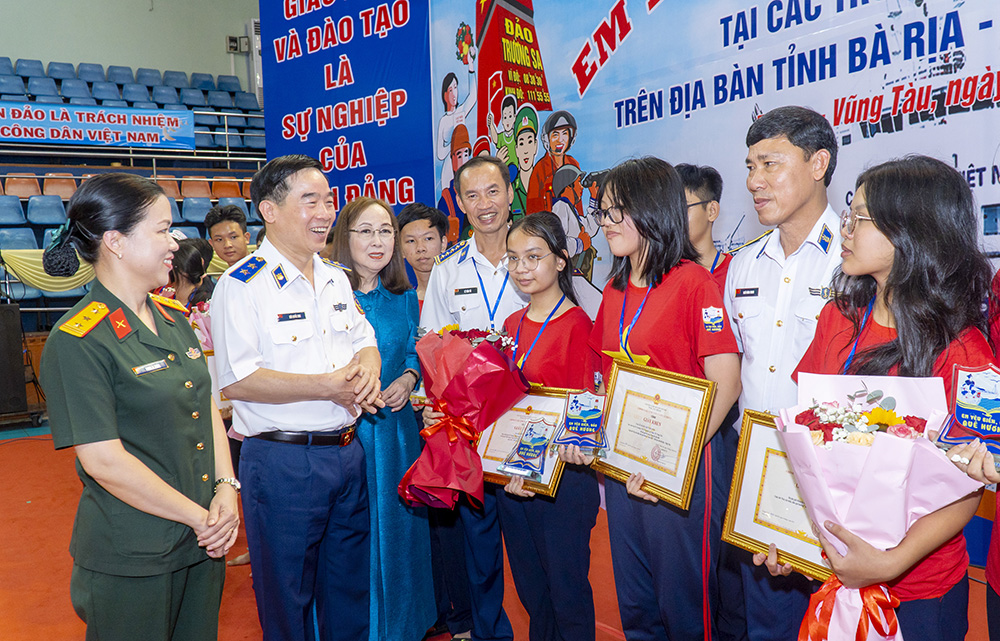

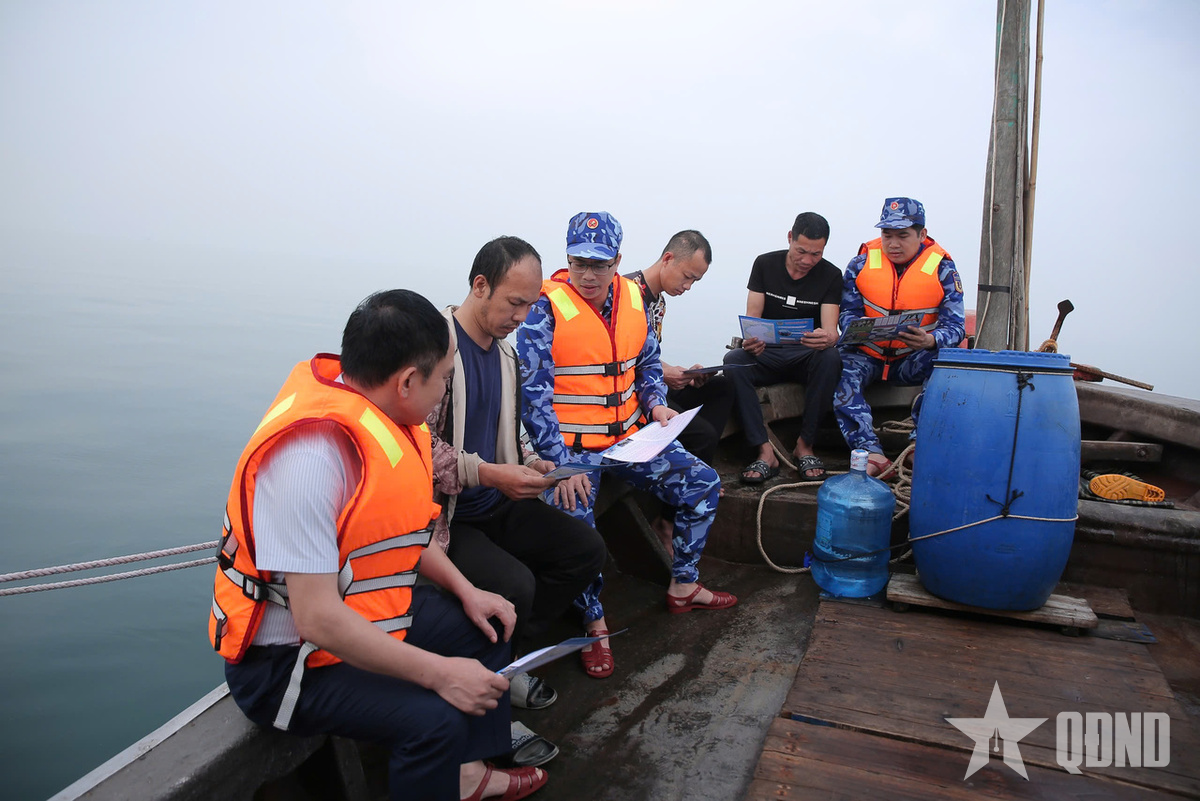
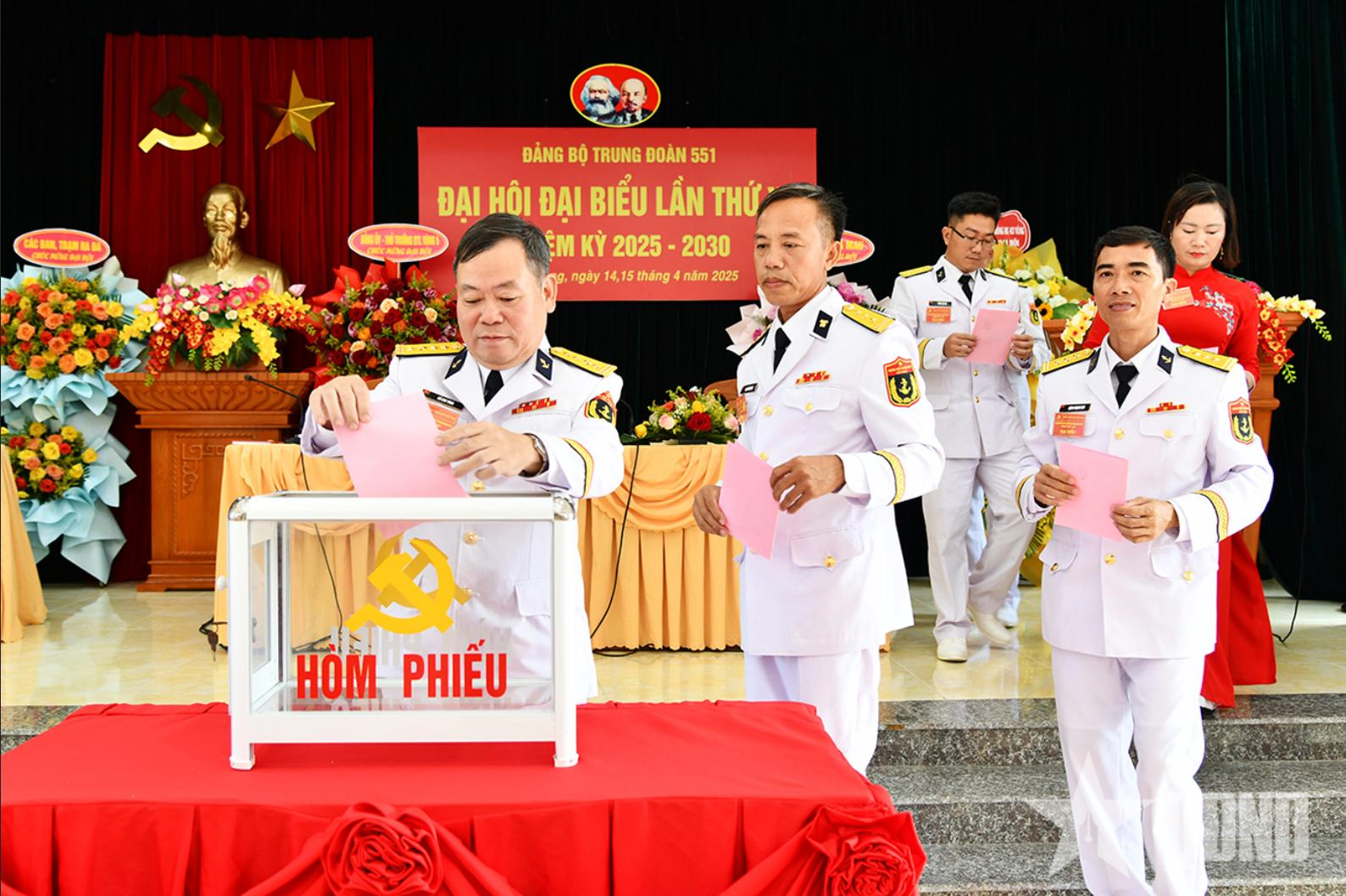
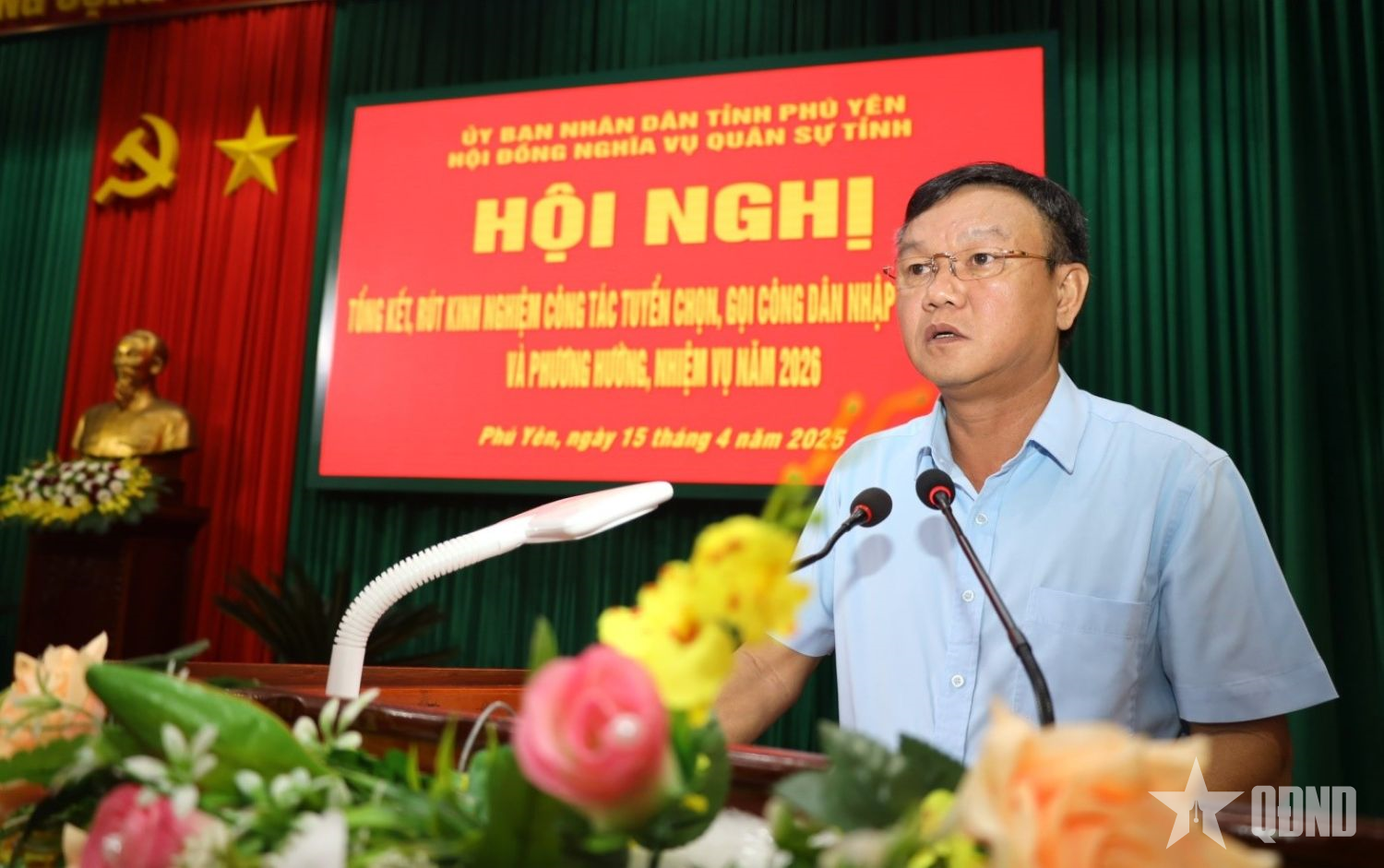
![[Photo] General Secretary To Lam meets with veteran revolutionary cadres, meritorious people, and exemplary policy families](https://vstatic.vietnam.vn/vietnam/resource/IMAGE/2025/4/15/7363ba75eb3c4a9e8241b65163176f63)





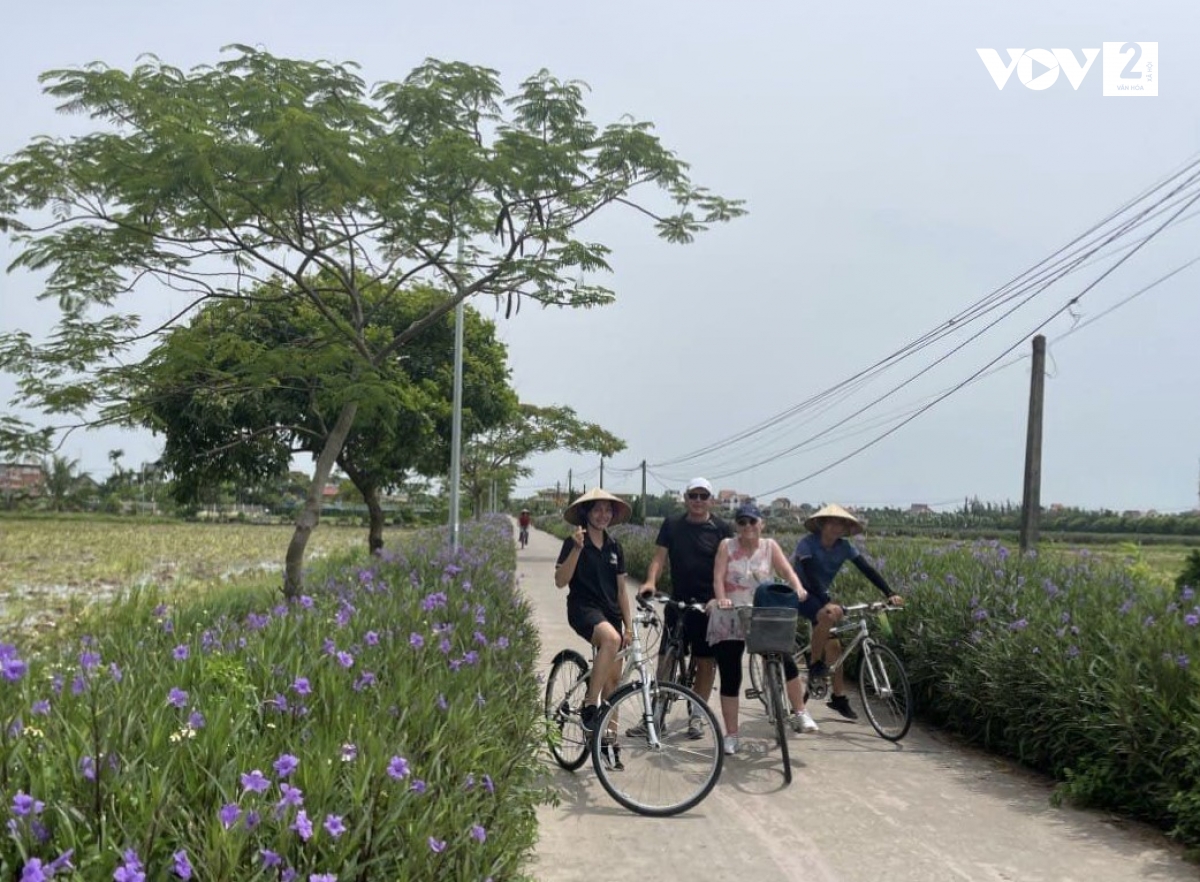

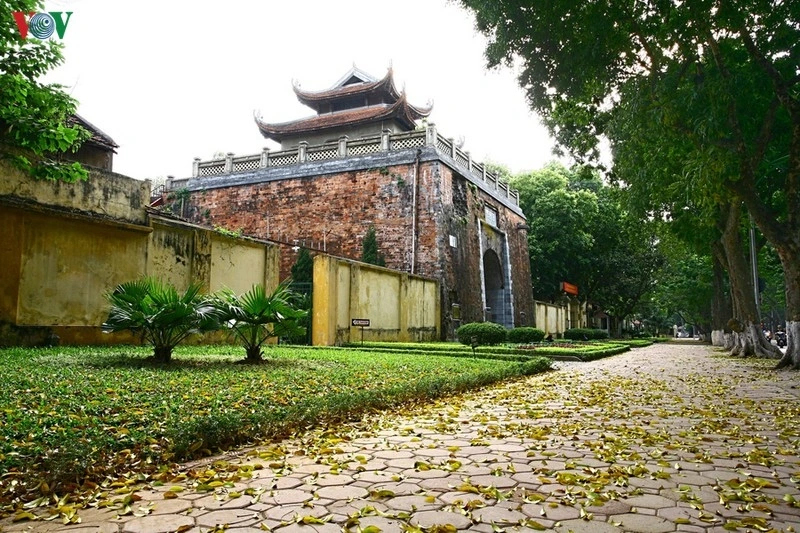
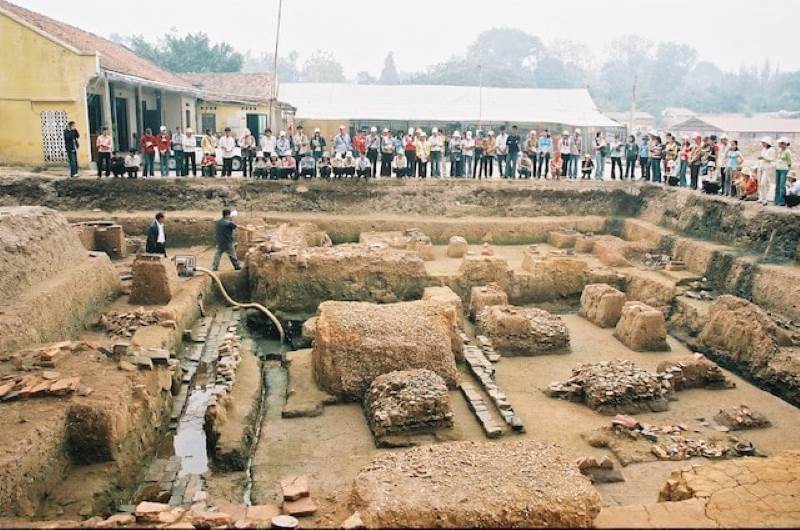



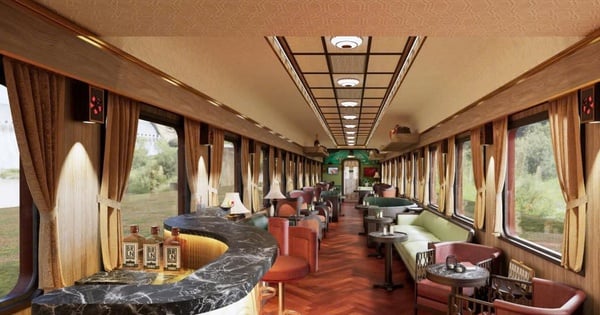



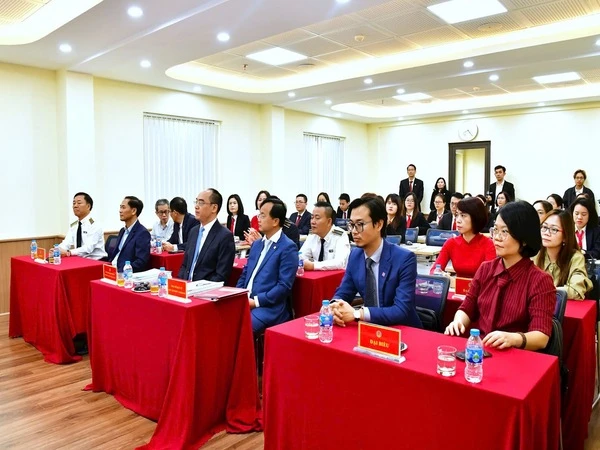
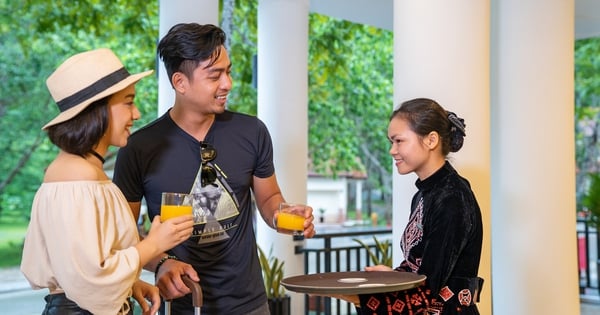

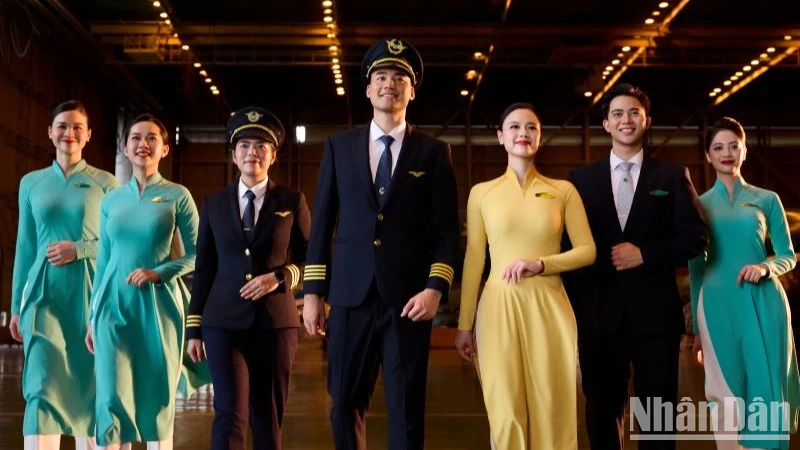
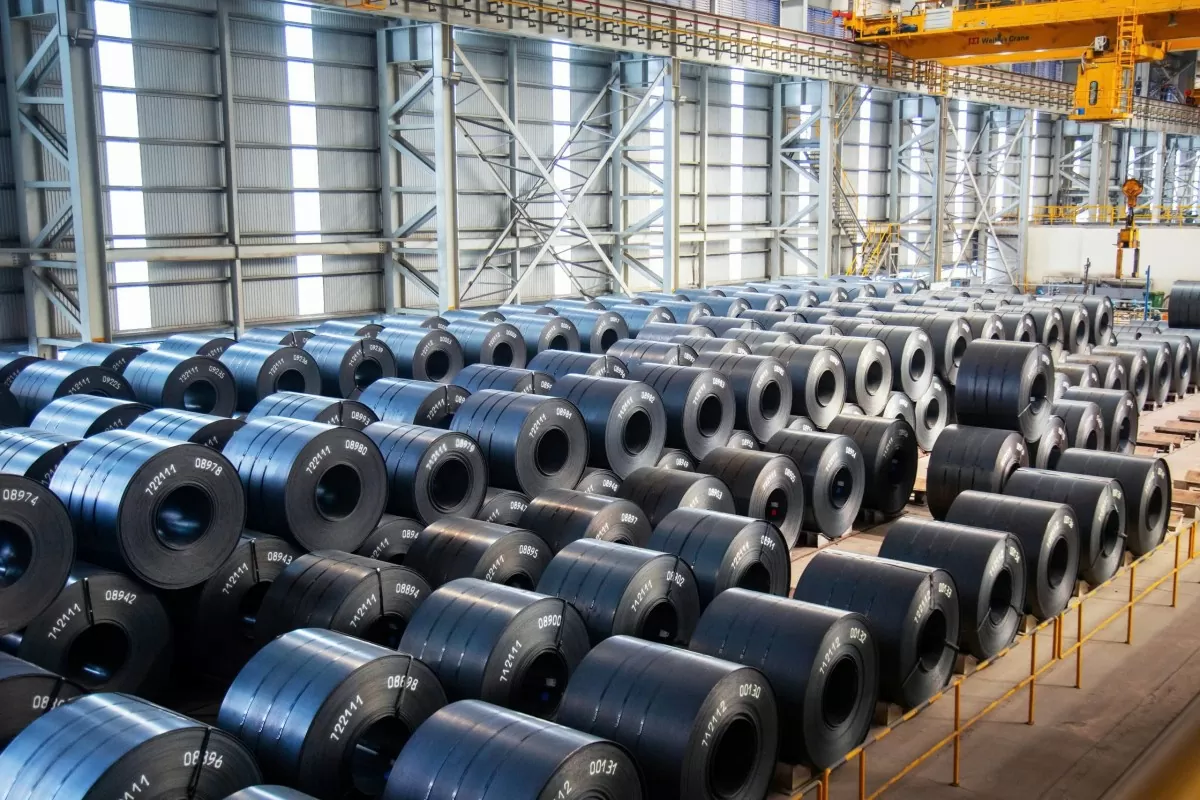







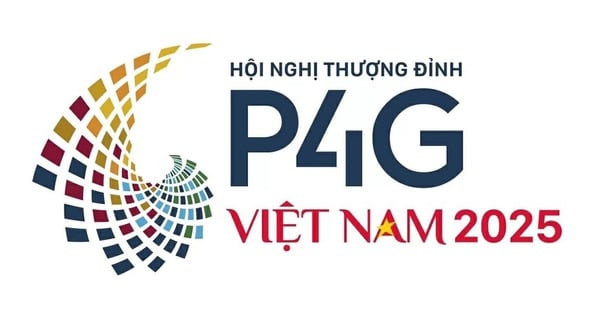

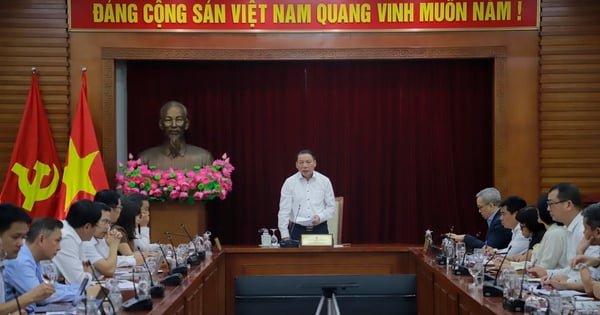

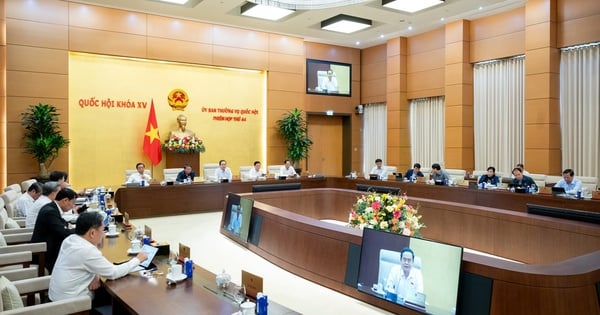
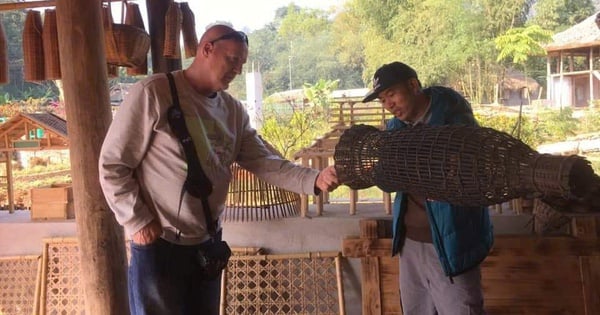
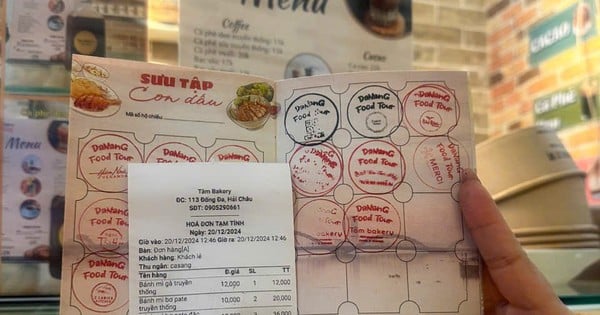
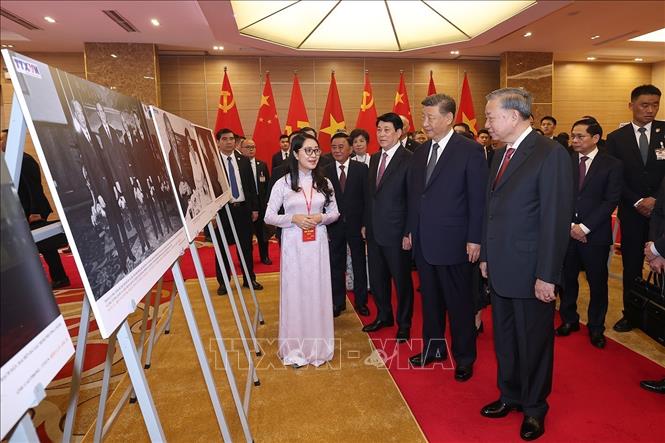

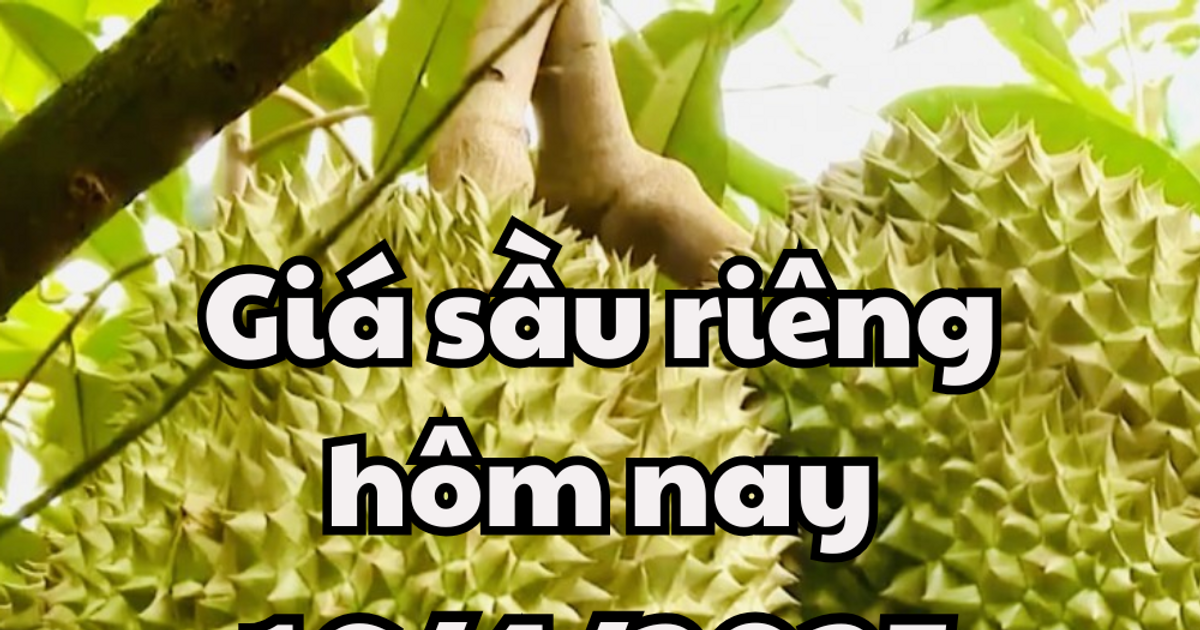

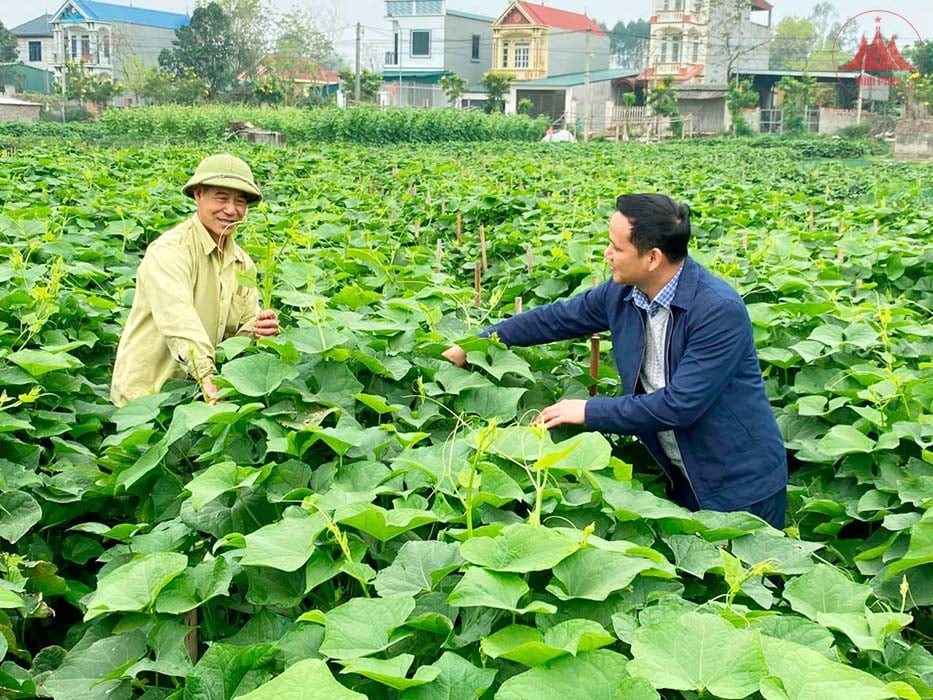

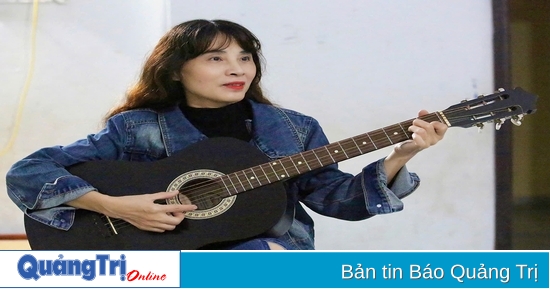
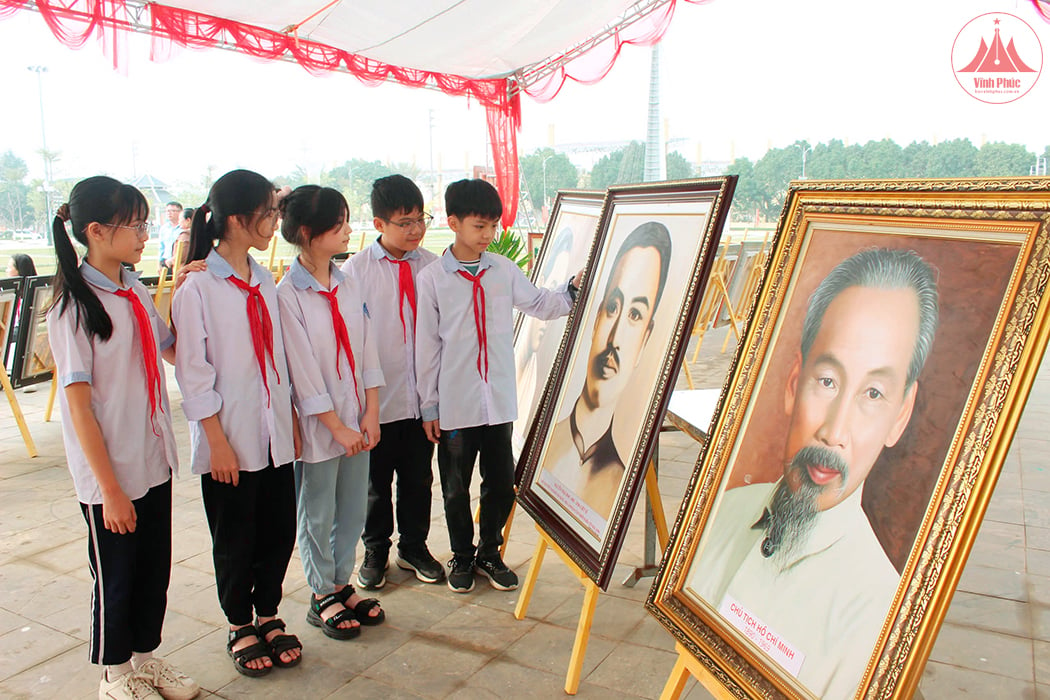
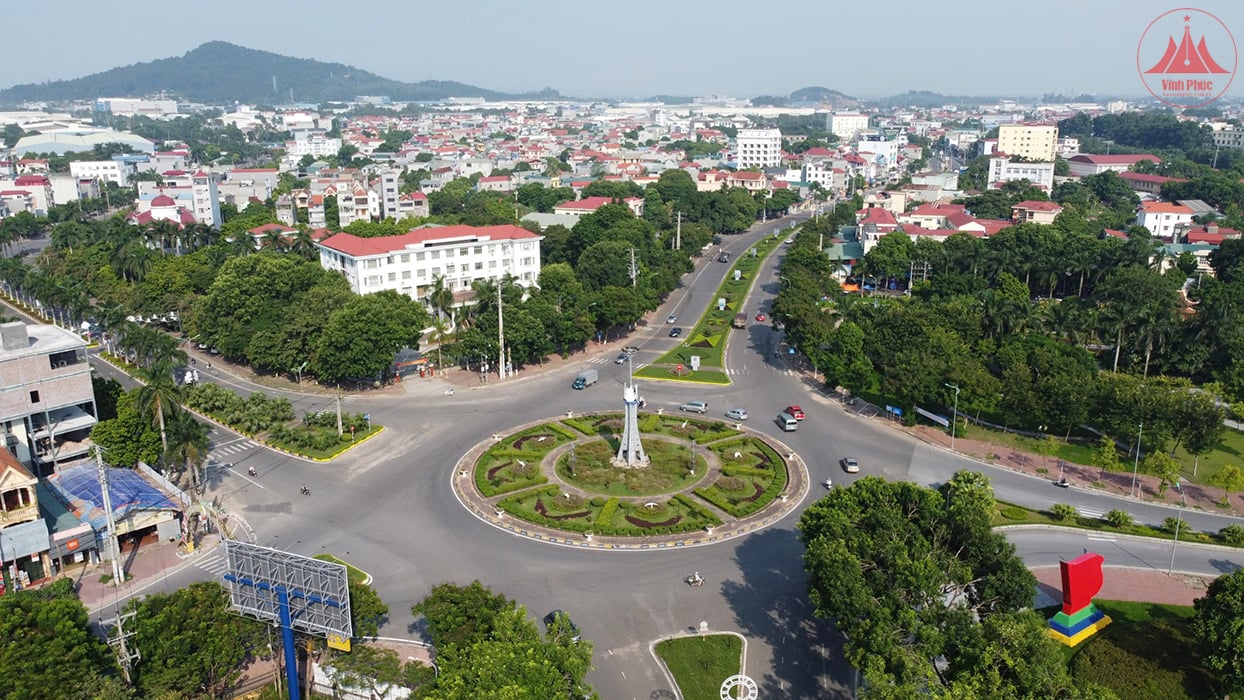

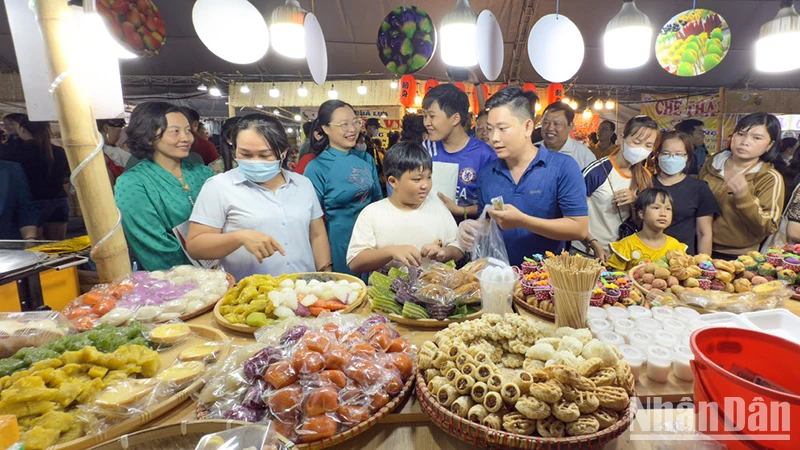
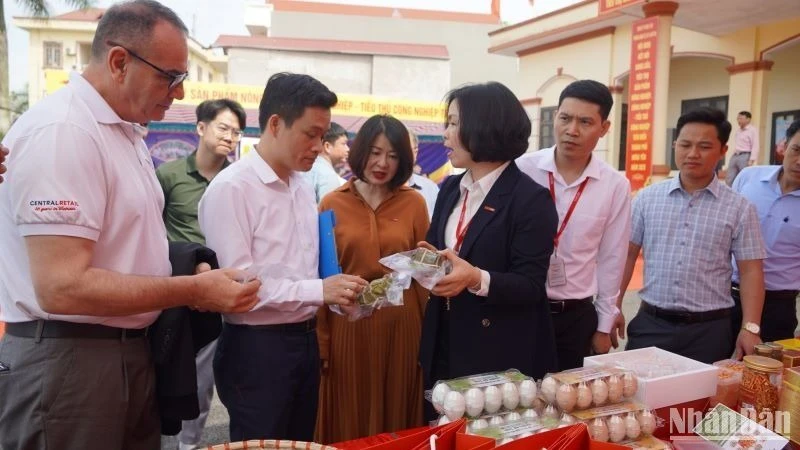


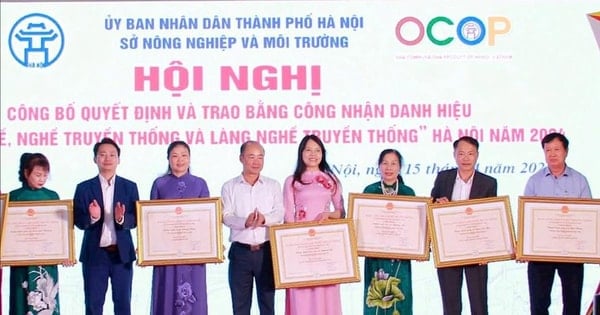


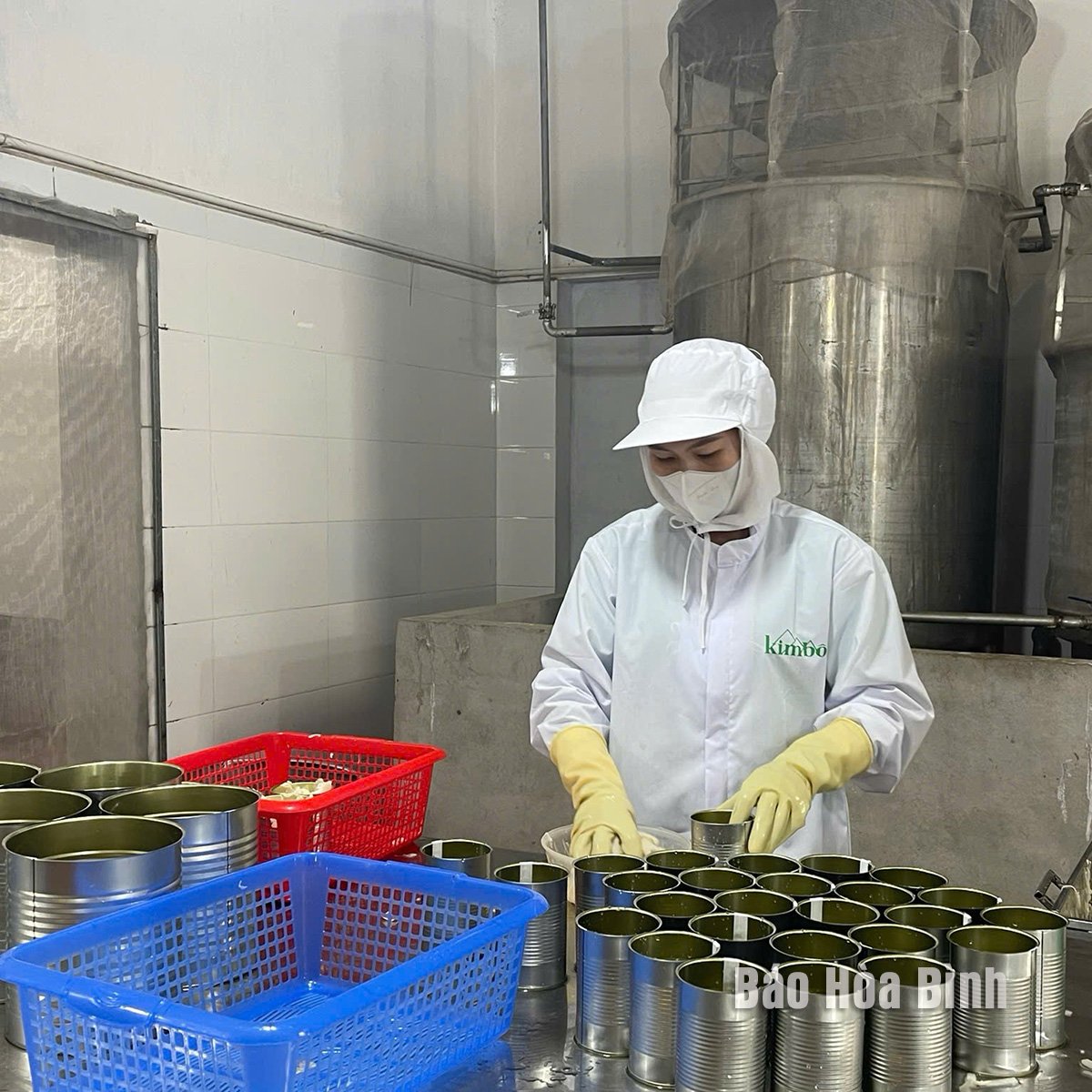

Comment (0)